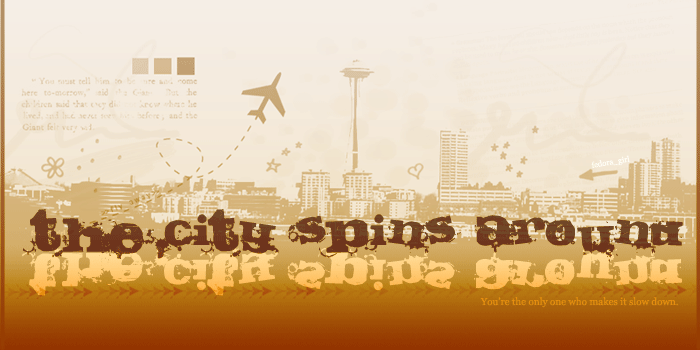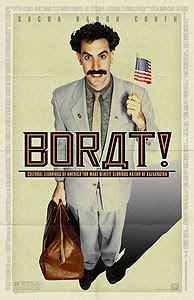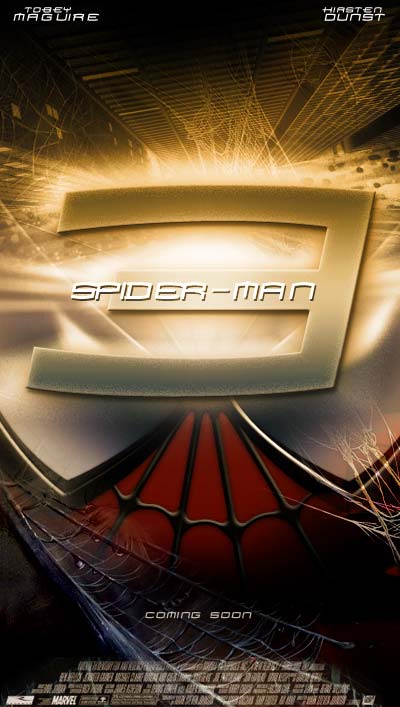Wednesday, September 15, 2004
Death Of The Big Match
It's ironic that the below article I'm about to highlight comes from ESPN itself but that's life.This article talks about the over-saturation of football on our TV screens as Premiership TV rights choose to maximise their product's leverage by simply showing every Tom,Dick and Harry match on our TV screens.And expecting us to pay more for it simply because they think that more matches imply a better product.IT IS NOT.The quality of matches being shown is sometimes only slightly better than watching dried paint (not even paint drying)so I think the big television corporations simply have to wake up their idea and see that their idea of milking their product dry is a very bad move.
Spread the word.Tell them why the product we are receiving on ESPN simply isn't what the corporation makes it out to be...or wants us to believe it to be.It is no better than last season or the season before that.They're just showing more Crystal Palace matches.If they want to rise prices,how justified is that?I don't want to pay for such product "improvements".Do you?
Live football used to have something special about it. But now the procession of dull fixtures is ever increasing.
Looking at this weekend's games it's a struggle to get excited about Birmingham v Charlton, West Brom v Fulham or Everton v Middlesbrough.
It seems as though the glamour has gone out of the Premiership, with only games involving the 'big five' clubs - Arsenal, Chelsea, Manchester United, Liverpool and Newcastle United - really generating interest.
But it's not that the quality of entertainment has dropped, see Portsmouth seven goal thriller with Fulham last Monday, merely that the fare on offer is less enticing. For instance, how many people would realistically go down to the local boozer to watch Portsmouth v Everton on TV next weekend?
There has been a change in the structure of English top teir, brought on by the demands of finance.
And the Premiership now suffers from massive over-exposure which has devalued the product as a whole.
Money has made the championship a closed shop and forced all but the rich few to concentrate on 17th place as an initial target every season.
Far too many medium-sized teams 'lived the dream' in an attempt to compete with the Manchester Uniteds of English football. And when the expensive foreign signings came for their big pay days without a thought for the individual clubs the writing was on the wall.
The revenue from the Sky deal was something most boardrooms could previously only have dreamed about. And most saw it as an opportunity to challenge for honours. What many forgot to factor in was that the traditional big clubs would be receiving even more cash. It was a pipe dream.
Not only were the top sides getting a bigger slice of the pie, due to their regular exposure to the 'live match' fees, those below them were spending an obscene percentage of their turnover on wages, while forking out large fees in an inflated transfer market. The gap was getting wider and it was only a matter of time before the fall-out began.
Within a few years many clubs were simply papering over the cracks, and with the domestic market hugely inflated the only option was to bring in cheaper talent from the continent - which proved to be the downfall of many.
Nottingham Forest and Crystal Palace were among the first clubs to suffer from 'heart ruling the head' management of chairmen dealing with huge sums. And when those chairmen were forced to step aside, there would often be a host of characters waiting in the wings with promises of stability and a return to better times.
Manchester United came close to being involved with one such investor back in 1989. Michael Knighton appeared on the scene, and in one comedic moment even showed his ball skills on the Old Trafford pitch, before disappearing just as quickly.
Knighton eventually surfaced at Carlisle United. The cash reserves clearly were not as promised and they found themselves in administration and, eventually, the Conference.
The mismanagement of those clubs now plying their trade in the Championship, or in Wednesday's case League Two, has created a niche in the Premiership for other clubs and the role played by these clubs cannot not be underestimated. They are the model for a modern football club existing outside of the riches of Champions League football.
When the Premiership began Charlton didn't even have a ground to call their own, having played away from The Valley for seven years, and had been on the brink of financial ruin. They earned their place in the top flight today through sensible financial planning and a long-term view on progress rather than a policy of spending cash they didn't have.
And that's the case for most of the smaller clubs that now grace the Premiership, save for, of course, Fulham who were bankrolled by Mohammed Fayed. West Bromwich Albion and Bolton Wanderers, as well as Delia's Norwich, have not bought their way into the top flight.
The financial meltdown is still felt today and has been to the benefit of the prudent. Most of those relegated from the Premiership with huge debts still face an uphill struggle put their finances in order and challenge for a return to the top flight; Forest, Sheffield Wednesday, Derby County, Queens Park Rangers, Leeds.
Those sides that helped to make the Premiership into the marketable tool it is today may have fallen by the wayside, but their absence from the top flight is perhaps not the reason for the perceived dearth of top fixtures.
Coverage of football on TV is now saturation point on a domestic level. And that's before you factor in the wall-to-wall screening of the Champions League which enables a viewer to watch any match in the whole competition from the group stage onwards.
The new television deal which came into force at the beginning of the 2004/05 season now allows for four live games every weekend. On top of that, Sky then screen one of the 3pm games 'as live' on a Saturday evening followed by an interactive option to watch extended highlights of every match.
And then there's Match of the Day on BBC1 and also MOTD2. Plus, Sky Sports News is basically a rolling news channel for Premiership football with a few other sports thrown in.
The desperation to keep the revenue streams from broadcasters at a constant level despite the worldwide downturn in that sector has seen the Premier League offer far more of its product to the TV companies. And while the initial plan may have been to spread the games across a number of channels Sky predictably remain in possession of the Premier League franchise.
The product has become diluted. There is now too much football on television, and with every team due to be shown a minimum number of times we now see fixtures that in the past would not be considered for live transmission.
That is not to take away the right of the smaller clubs to their slice of the pie, they should all have their day.
But here's the litmus test - how many of the games on television today would you actually go out of your way to watch? Not many.
This situation is not going to change in the foreseeable future because clubs rely on the revenue far too much. We don't want to be watching Arsenal and Manchester United every single weekend, but there has to be a better way of running football on our screens than simply increasing output without thought for the effect.
Batman spun on 8:47 AM.












